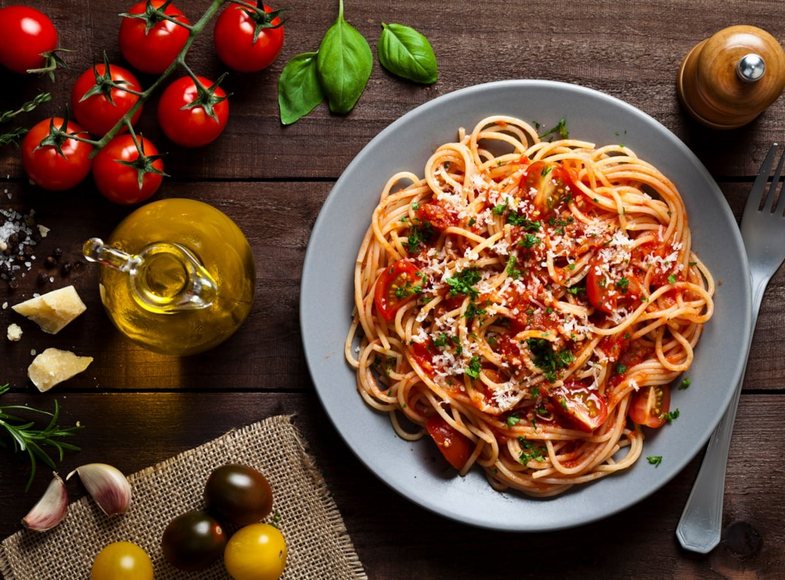
Have you ever wondered why Italian food tastes different when you eat it in Italy? Of course, the environment plays a role - it's different when you eat fresh pasta in a seaside tavern or a plate in a warm Alpine lodge - but it's not just that. There are some cooking techniques that Italians guard with fanaticism and that, unfortunately, have not been transmitted so well outside of Italy.
If you want to improve the way you cook and enjoy Italian food, here are 7 mistakes that Italians never make in the kitchen:
1. Rinsing the pasta
If an Italian sees you washing your pasta after you've cooked it, they'll be horrified! The water it releases during cooking helps the sauce adhere better and creates that smooth, creamy taste we all love. Washing it just takes away this magic from your dish.
2. Overdoing it with garlic
Italians use it sparingly, to add flavor to a dish, not to overpower it. If an Italian recipe calls for garlic, it's usually a lightly sautéed core that's then removed, not big chunks that you can still smell two days later.
3. Being stingy with olive oil
If you think a drizzle of olive oil is enough, think again. Italians don't skimp on olive oil - and with good reason! It not only gives food a fantastic flavor, but it also helps the sauce bind better to the pasta.
4. Using weak ingredients
Every Italian recipe is based on the quality of the ingredients. In Italy, the ingredients are more natural, with fewer preservatives and more flavor. Fresh pasta, properly ripened tomatoes and good cheese can make the difference between an ordinary dish and a masterpiece.
5. Adding cheese to everything
Not every dish needs cheese! Italians use it carefully and only where necessary. Cheese should not cover the taste of other ingredients, but complement it.
6. Overcooking pasta
An Italian would call overcooked pasta a “crime.” The secret is to leave it al dente, a little firm in the center, so it retains its texture and absorbs the sauce better. If you don’t, don’t be surprised if an Italian refuses to eat your dish!
7. Unnecessary complication of recipes
Less is more - this is one of the golden rules of Italian cooking. A simple dish, but with quality ingredients, does not need an endless list of spices and additional ingredients. For example, real bruschetta is simply toasted bread with a little olive oil and salt. There is no need for heaps of cheese, garlic and countless sauces.
So, if you want to bring home a little of the magic of Italian cuisine, avoid these mistakes and enjoy the recipes in their simplicity and pure flavor.





